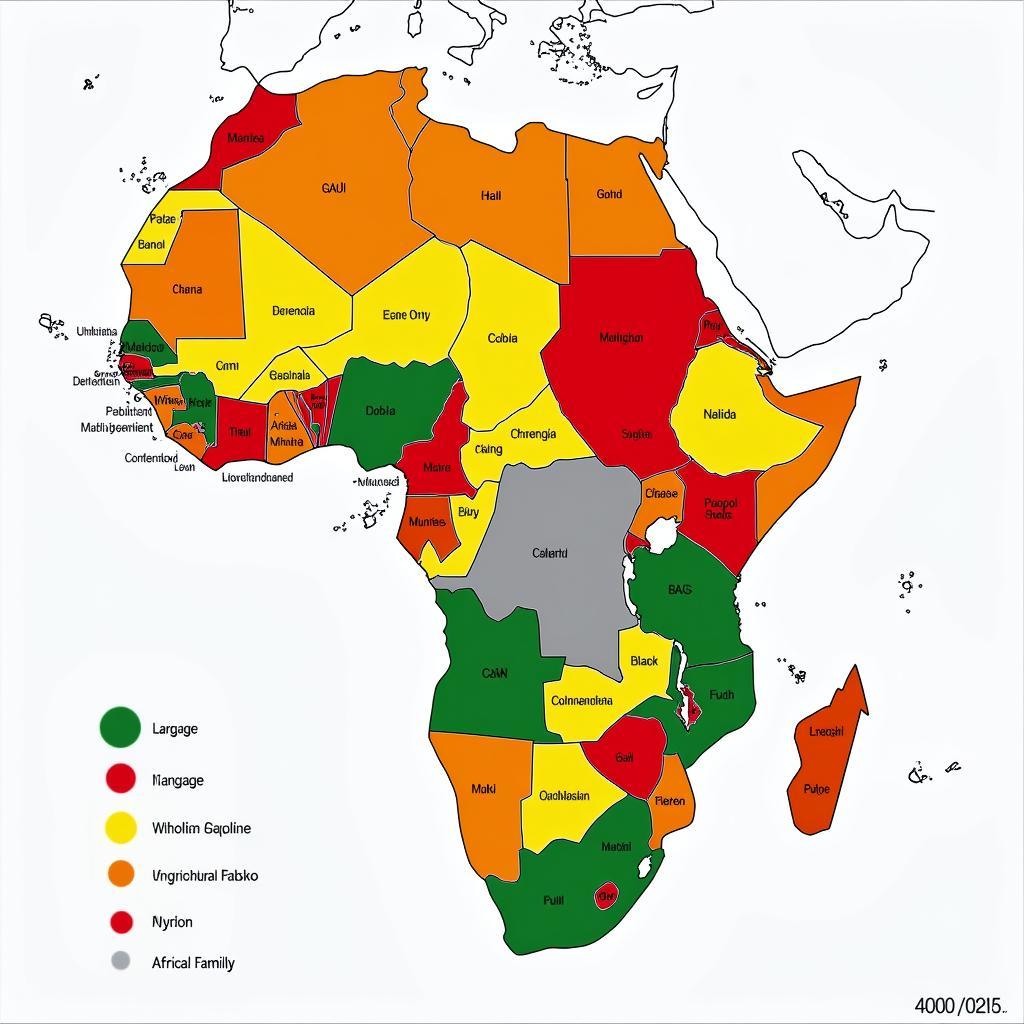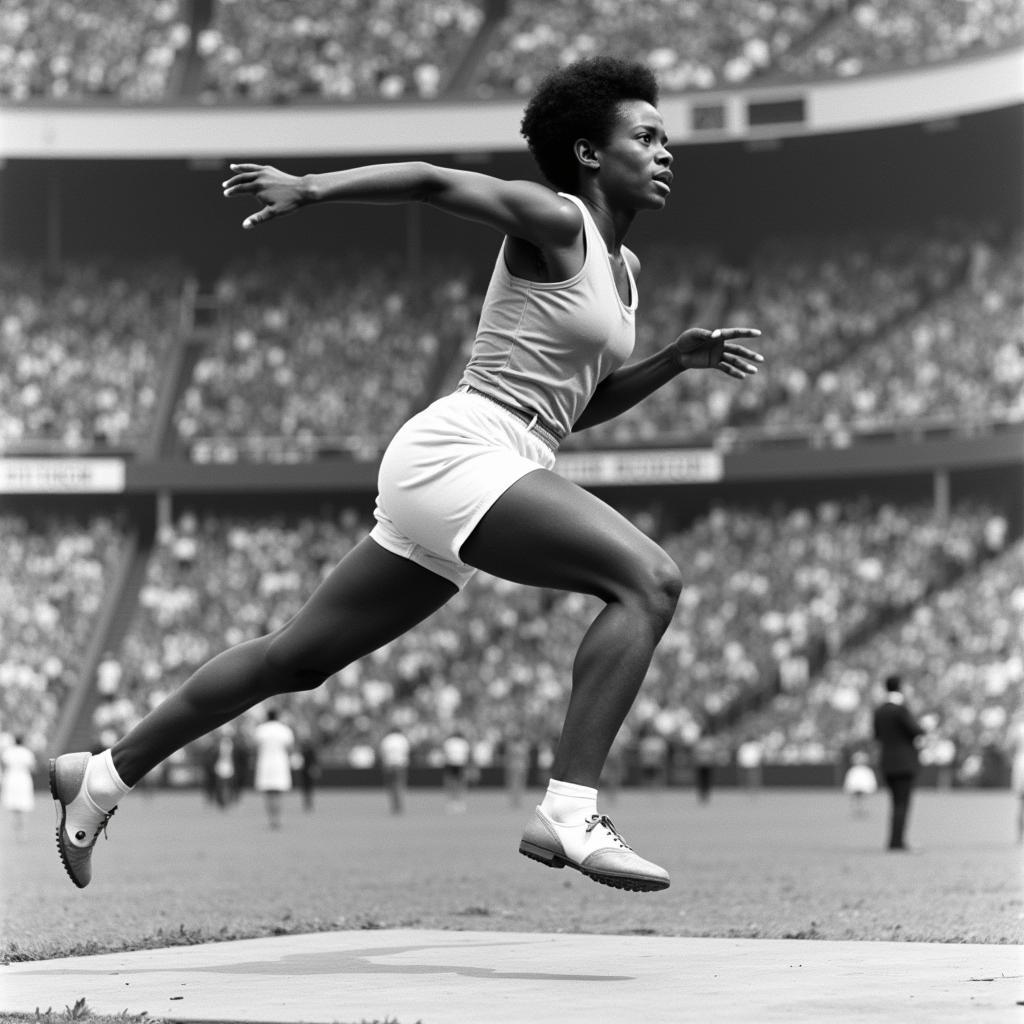Exploring the World of African American Female Playwrights
African American Female Playwrights have made, and continue to make, invaluable contributions to American theatre and literature. Their works often explore themes of race, gender, class, and identity, offering powerful narratives that challenge societal norms and celebrate the resilience of the Black female experience. This article delves into the rich history and contemporary landscape of these important voices.
African American women’s contributions to playwriting span decades, reflecting the evolving social and political landscape. From the Harlem Renaissance to the Black Arts Movement and beyond, these artists have used the stage to amplify Black female voices and perspectives. Their plays offer a unique lens through which to understand the complexities of American history and culture. Check out more about African American poets and writers.
Pioneering Voices and Early Influences
Early African American female playwrights faced significant obstacles, including racial and gender discrimination, limited access to education and resources, and the pressure to conform to stereotypical representations. Despite these challenges, they persevered, creating works that paved the way for future generations. These early works often tackled themes of racial injustice, social inequality, and the search for identity in a rapidly changing world.
Who are some influential early African American female playwrights? Some key figures include Angelina Weld Grimké, known for her poignant portrayal of racial tensions in “Rachel,” and Georgia Douglas Johnson, whose plays explored themes of love, loss, and social injustice within the Black community.
The Rise of Contemporary Voices
The latter half of the 20th century and the 21st century have witnessed a surge in the number and prominence of African American female playwrights. These artists are pushing boundaries and exploring a diverse range of themes, from the personal to the political. Their work continues to challenge societal norms and offer fresh perspectives on the Black female experience.
How has the landscape changed for contemporary Black female playwrights? While challenges remain, they have greater access to platforms, resources, and recognition. The rise of Black theatre companies and initiatives dedicated to promoting diversity in the arts has played a crucial role in their success.
Key Figures in Contemporary Black Female Playwriting
Who are some of the leading contemporary African American female playwrights? Suzan-Lori Parks, the first African American woman to win the Pulitzer Prize for Drama, is known for her innovative use of language and deconstruction of historical narratives. Lynn Nottage, a two-time Pulitzer Prize winner, tackles complex issues such as globalization and economic inequality.
Themes and Styles
What are some common themes explored by African American female playwrights? Their works often address issues of race, gender, class, identity, family, and community. They delve into the complexities of Black womanhood, exploring themes of strength, resilience, and resistance in the face of adversity. These playwrights also explore a wide range of stylistic approaches, from realism to surrealism, and often incorporate elements of music, dance, and poetry into their work. For excellent monologues you can check our article on African American female monologues from plays.
“The power of theatre lies in its ability to connect us to the human experience,” says Dr. Anika Johnson, Professor of African American Studies at Howard University. “African American female playwrights use this power to tell stories that resonate deeply with audiences, challenging us to confront uncomfortable truths and celebrate the richness and complexity of Black female lives.”
The Future of African American Female Playwriting
The future of African American female playwriting is bright, with emerging voices continuing to push boundaries and challenge conventions. These artists are experimenting with new forms of storytelling, exploring innovative theatrical techniques, and engaging with contemporary social and political issues. Their work promises to enrich the theatrical landscape for years to come.
“The voices of Black women are essential to the ongoing conversation about race, gender, and equality,” adds Dr. Johnson. “African American female playwrights are leading the way, using their artistry to create powerful and thought-provoking works that inspire dialogue and change.”
Conclusion
African American female playwrights have made significant contributions to American theatre and literature. Their powerful narratives have shaped our understanding of the Black female experience and continue to challenge societal norms. From the pioneering voices of the early 20th century to the vibrant contemporary landscape, these artists have used the stage to amplify Black female voices and offer unique perspectives on the complexities of American history and culture. Their work is essential to the ongoing conversation about representation, equality, and social justice. African American female playwrights continue to inspire, provoke, and transform the world of theatre.
FAQ
- Who was the first African American woman to win the Pulitzer Prize for Drama? Suzan-Lori Parks.
- What are some common themes explored in plays by African American women? Race, gender, class, identity, and family.
- Why are African American female playwrights important? They provide essential perspectives on the Black female experience and contribute significantly to American theatre.
- How can I learn more about African American female playwrights? Explore online resources, attend theatre productions, and read their published works.
- Where can I find resources for aspiring Black female playwrights? Many organizations and institutions offer workshops, mentorship programs, and scholarships.
- What are some key plays by African American female playwrights? “Fences” by August Wilson (although Wilson is male, his works are frequently performed and studied alongside those of Black female playwrights), “Topdog/Underdog” by Suzan-Lori Parks, and “Sweat” by Lynn Nottage.
- How has the landscape changed for contemporary Black female playwrights? They have increasing access to resources and platforms.
Need support? Contact us 24/7: Phone: +255768904061, Email: [email protected], or visit us at Mbarali DC Mawindi, Kangaga, Tanzania.

